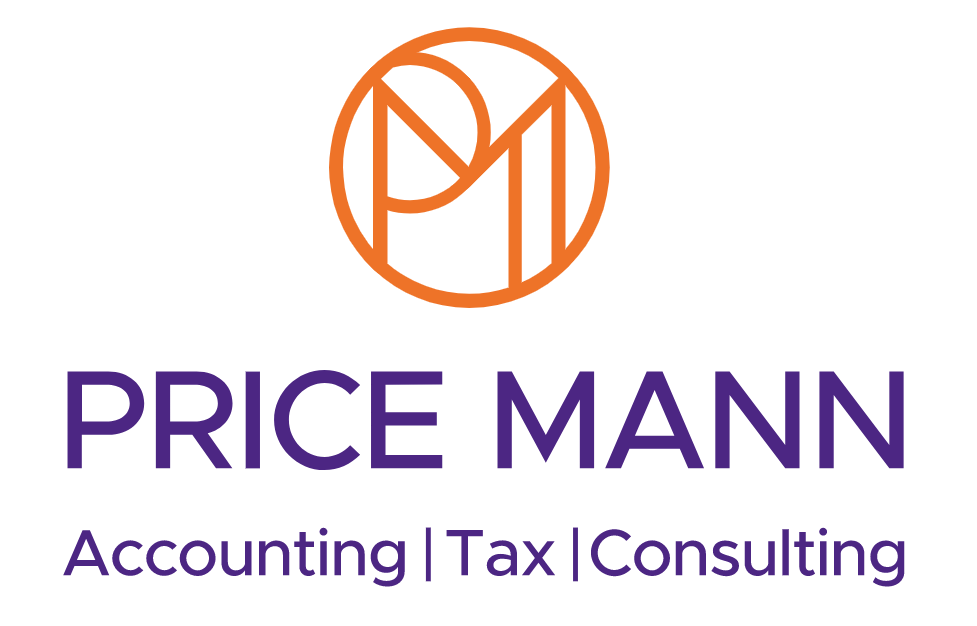Personal tax planning in 2024/2025
Personal tax planning in 2024/2025
Navigating your finances with confidence
As we step into the 2024/25 tax year, it’s now more important than ever to take a proactive approach to managing your personal finances.
Whether you’re navigating the complexities of income tax, considering investment opportunities or planning for your future, understanding the nuances of the UK tax system can help you make informed decisions.
This guide is crafted with you in mind, offering clarity and actionable advice to help you optimise your tax position and secure your financial wellbeing.
Embracing the basics: Understanding your tax obligations
The foundation of effective tax planning is a solid understanding of your tax obligations. The UK tax system may seem daunting at first glance, but once you grasp the basics, you’ll be better positioned to identify saving opportunities.
Income tax: Know your rates and allowances
Income tax is charged on various forms of income, including wages, pensions and savings interest, but everyone is entitled to a personal allowance — the amount you can earn before you start paying income tax. Be aware, however, that those earning above £100,000 have a reduced personal allowance.
For the 2024/25 tax year, this allowance remains at £12,570. Beyond this, tax bands are applied progressively, meaning the more you earn, the higher the rate of tax you will pay on your income over the allowance.
- Basic rate (20%) applies to income over £12,570 up to £50,270.
- Higher rate (40%) is charged on income between £50,271 and £125,140.
- Additional rate (45%) affects income above £125,140.
Understanding which tax bracket you fall into is the first step in identifying how to manage your tax liabilities effectively.
Personal Savings Allowance and Dividend Allowance
For savers and investors, the Personal Savings Allowance (PSA) and Dividend Allowance present opportunities to earn income with favourable tax treatment. The PSA allows basic rate taxpayers to earn up to £1,000 in savings interest without paying tax, which decreases to £500 for higher-rate taxpayers. The Dividend Allowance permits £500 of dividend income to be received tax-free, regardless of your income tax band.
Marriage allowance
Married couples and those in civil partnerships could be eligible to apply for the marriage allowance. Those whose earnings are too low to fully utilise their personal allowance have the option to transfer this unused portion to their spouse or civil partner, up to a certain limit. This benefit cannot be accessed if the receiving spouse or partner is a higher or additional rate tax payer.
For the 2024/25 tax year, the highest amount that can be transferred stands at £1,260.
Maximising your allowances
One of the simplest yet most effective tax planning strategies is to ensure you’re fully utilising your available allowances.
ISAs: A tax-efficient haven for your savings
Individual savings accounts (ISAs) remain a cornerstone of personal tax planning. With a generous annual allowance of £20,000 for the 2024/25 tax year, ISAs offer a tax-efficient shelter for your savings and investments, with no tax on interest, dividends or capital gains. Whether you opt for a cash ISA, stocks and shares ISA, or the innovative lifetime ISA, making the most of this allowance can significantly enhance your wealth, tax-free.
In the Spring Budget 2024, the Government announced the introduction of the UK ISA. The new £5,000 allowance, in addition to the existing ISA allowance, will provide a new tax-free savings opportunity for people to invest in the UK, while supporting UK companies.
Pension contributions: Investing in your future
Contributing to a pension not only secures your future but also offers immediate tax relief. Contributions are topped up by the government at your highest rate of income tax, making them one of the most tax-efficient forms of saving. For the 2024/25 tax year, the annual allowance for pension contributions increases to £60,000, or 100% of your earnings, whichever is lower. Utilising this allowance can reduce your taxable income and the amount of tax you owe; the allowance can also be tapered down for high earners.
Planning for capital gains
Capital gains tax (CGT) is levied on the profit made when you sell or ‘dispose of’ an asset that has appreciated in value. It is important to note that it is the profit or ‘gain’ from the sale that is subject to taxation, rather than the total amount of money received from the sale. The essence of CGT is to tax the increase in value of an asset from the time it was acquired to the time it is sold, covering a wide range of assets including property, stocks and shares, among others.
For the fiscal year 2024/25, there is an annual exempt amount set at £3,000. This exemption allows individuals to realise gains of up to this limit without the need to pay any CGT. This threshold provides a strategic opportunity for taxpayers to manage their assets in a taxefficient manner. By planning the sale of assets, such as real estate, stocks or collectables, individuals can ensure that their gains do not exceed the exempt amount in any given tax year, thereby avoiding CGT on those gains.
Strategic planning can involve timing the sale of assets to take full advantage of the annual exemption. For instance, if an individual anticipates a gain that would exceed the exemption limit, they might consider spreading the disposal of assets over
multiple tax years. This approach allows for the utilisation of the annual exempt amount in each year, potentially reducing the overall tax liability.
Inheritance tax planning: Safeguarding your legacy
Inheritance tax (IHT) planning is a crucial aspect of long-term financial planning. With the IHT threshold frozen at £325,000, any estate valued above this amount could be subject to a 40% tax rate on the excess.
However, strategies such as gifting, placing assets into trust or investing in IHT-efficient investments can mitigate potential tax liabilities and protect your estate for future generations.
Contact your accountant or financial advisor to discuss the additional exempt amount for residential properties, in addition to the standard £325,000, as the vast majority of people with inheritance tax liabilities will also have a residential property.
Navigating changes and seeking professional advice
The tax landscape is ever-evolving, with changes introduced in each Budget affecting allowances, rates and reliefs. Keeping abreast of these changes is vital for effective tax planning. However, the complexity of tax legislation means that personalised advice from a tax professional can be invaluable. A tailored approach, considering your unique circumstances and goals, can help maximise your tax-efficiency and financial wellbeing.
As we navigate the 2024/25 tax year, remember that effective tax planning is a continuous process, not a once-a-year task. By understanding your obligations, utilising available allowances and reliefs, and seeking professional advice, you can take control of your financial future with confidence.
Here are a few ways an accountant can assist in navigating changes and seeking professional advice.
- Identifying opportunities for tax savings: An accountant can review your financial situation to identify any opportunities to save on taxes. This could include making use of all available allowances, deductions and reliefs that you may not be aware of.
- Staying compliant: With tax laws constantly changing, an accountant ensures that you remain compliant, avoiding penalties and fines. This involves not just understanding current laws but also keeping an eye on upcoming changes that may affect your financial planning.
- Strategic financial planning: Accountants can assist in long-term financial planning, including retirement planning, investments and business growth strategies, ensuring that tax efficiency is considered at every step.
- Risk management: By understanding the nuances of tax legislation, accountants can help identify potential risks to your financial health and suggest strategies to mitigate them.
- Representation in tax investigations: Should you face a tax investigation, having an accountant can be invaluable. They can represent you, handle communications with tax authorities, and ensure the process is as smooth as possible.
- Tailored advice for major life events: Whether you’re selling a property, starting a business or planning for retirement, an accountant can provide personalised advice to optimise your tax position during significant life events.
- Educating on financial decisions: An accountant doesn’t just manage your finances, they can also educate you on the implications of financial decisions, helping you to understand complex tax issues and enabling informed decision-making.
Talk to an expert
By leveraging the expertise of an accountant like us, you can navigate the complex tax landscape with greater ease and confidence, ensuring that your financial planning is both compliant and optimised for your specific situation.
Need assistance? Get in touch for advice on your personal tax planning.

All content on the Site and all the information provided through it is provided "as is", with no guarantees of completeness, accuracy or timeliness, and without representations, warranties or other contractual terms of any kind, express or implied. Any articles or publications contained within this website are not intended to provide specific business or investment advice. No responsibility for any errors or omissions nor loss occasioned to any person or organisation acting or refraining from acting as a result of any material in this website can, however, be accepted by the author(s) or Price Mann. You should take specific independent advice before making any business or investment decision. Price Mann Limited is a company registered in England & Wales, Company Number: 13076522. Registered Office: Magnolia House, Spring Villa Park, 11 Spring Villa Road, Edgware HA8 7EB.
All Rights Reserved | Price Mann Limited












